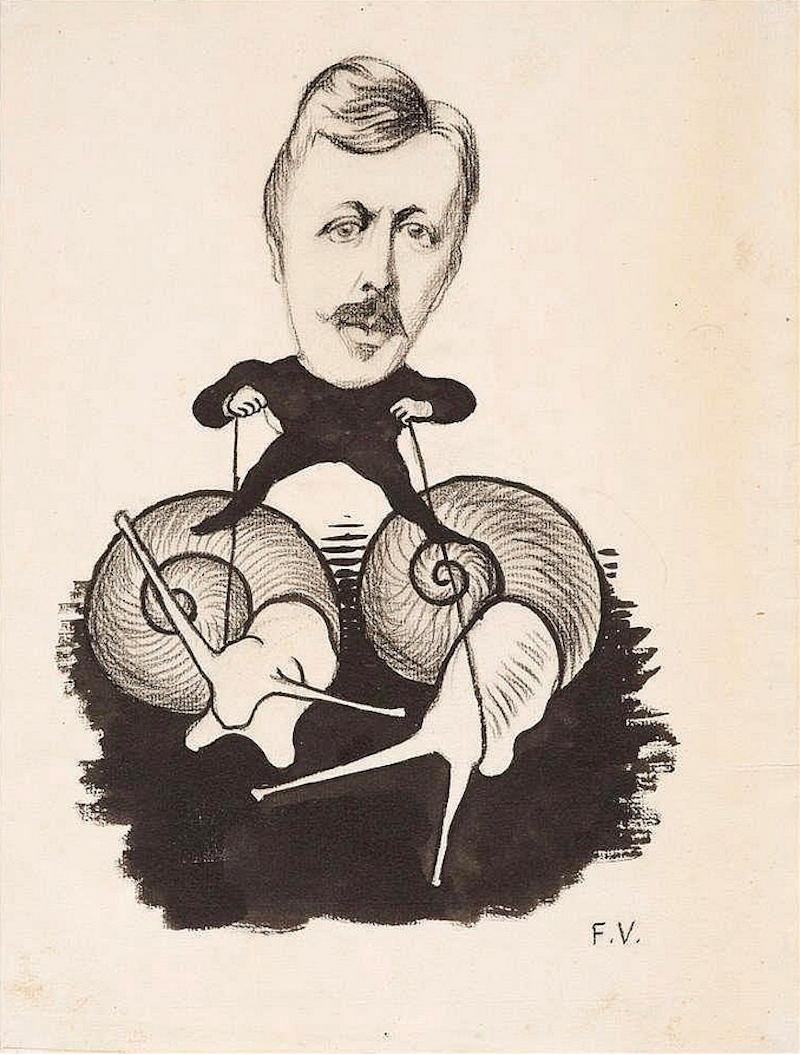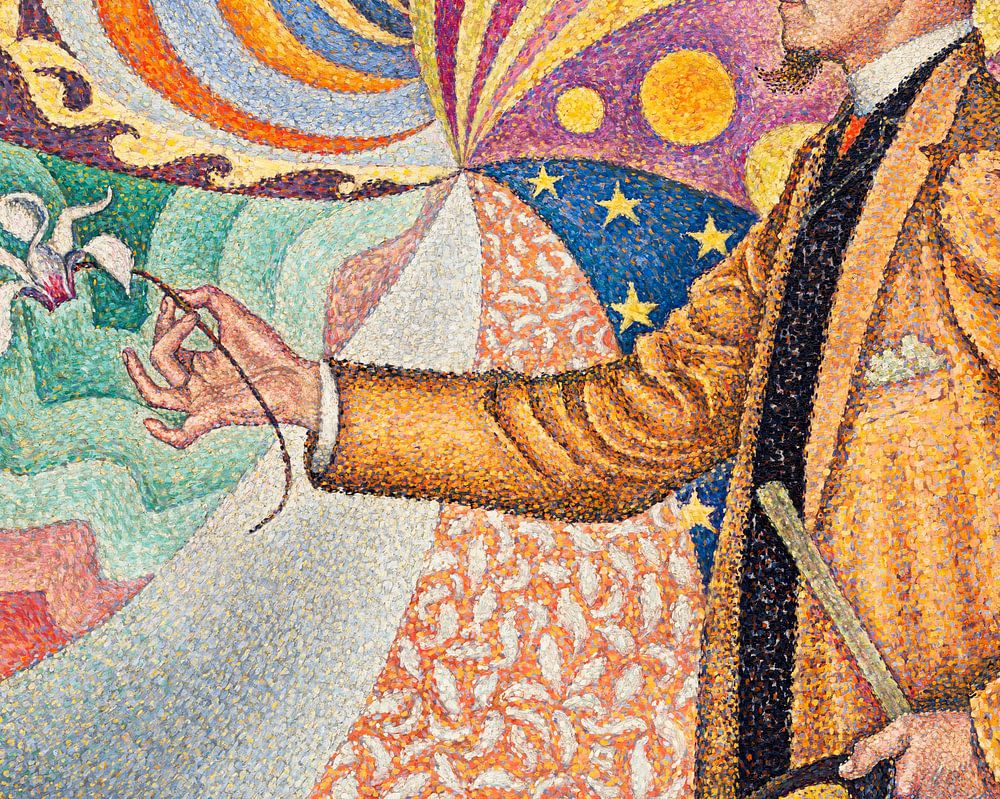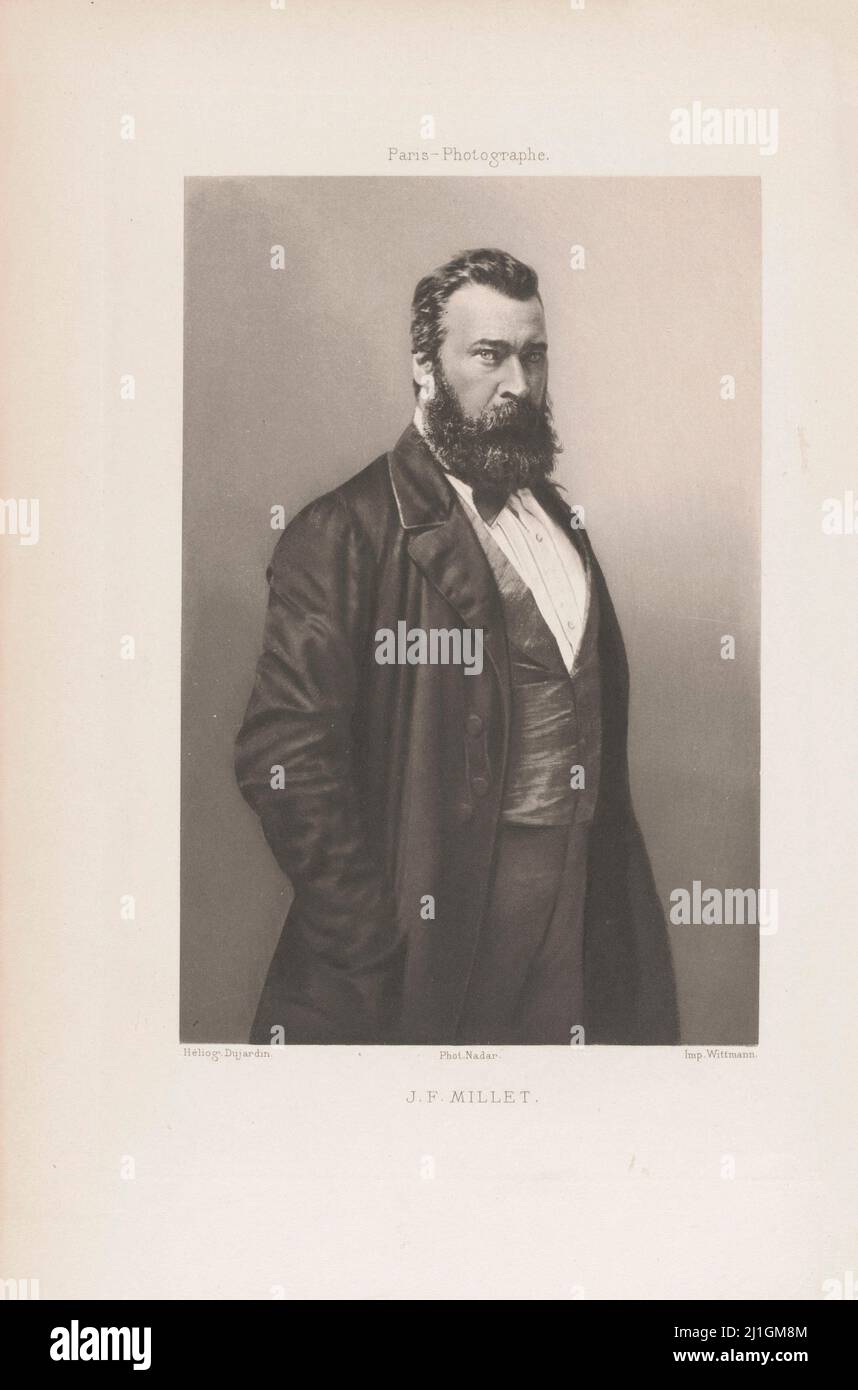
Félix Vallotton Ritratto di Emile Yung, Felix Vallotton, Opera su
Il Ritratto di Félix Fénéon (titolo completo: Opus 217. Sullo smalto di uno sfondo ritmico di misure e angoli, toni e sfumature, ritratto di M. Félix Fénéon nel 1890 ) è un dipinto ad olio su tela realizzato nel 1890 dall'artista francese Paul Signac . L'opera neoimpressionista raffigura il critico d'arte francese Félix Fénéon in.

FÉLIX FÉNÉON (18611944). Periodista y crítico de arte francés. Su
Ritratto di Félix Fénéon Paul Signac, olio su tela, 1890 (MoMA, New York).. Félix Fénéon nel 1900. Félix Fénéon (Torino, 22 giugno 1861 - Châtenay-Malabry, 29 febbraio 1944) è stato un giornalista francese, anarchico, direttore di riviste e critico letterario ed artistico.
diaphanes Félix Fénéon
Felix Fénéon started his career as an art critic in the 1880s. And he was the first person to recognize and champion a new generation of artists who he called the neo-impressionists. And one of those artists was Paul Signac. Fénéon has a very distinctive goatee which was one of his trademarks. He's wearing this very sharp yellow jacket.

Portrait van Félix Fénéon, Paul Signac, 1890 van Atelier Liesjes op
Exhibition. Aug 27, 2020-Jan 2, 2021. Who was Félix Fénéon? The first exhibition dedicated to this extraordinarily influential but little-known figure explores how he shaped the development of modernism. A French art critic, editor, publisher, dealer, and collector, Fénéon (1861-1944) championed the careers of young, avant-garde artists from Georges-Pierre Seurat and Paul Signac to.

Foto d'epoca di jean francois miglio immagini e fotografie stock ad
Félix Fénéon (French: [feli feneɔ̃]; 22 June 1861 - 29 February 1944) was a French art critic, gallery director, writer and anarchist during the late 19th century and early 20th century. He coined the term Neo-Impressionism in 1886 to identify a group of artists led by Georges Seurat, and ardently promoted them.. The Fénéon Prize was established in 1949 by his wife, Fanny Goubaux.

La prima mostra dedicata al critico d'arte anarchico Félix Fénéon. Il
In a psychedelic portrait by Paul Signac, the art world mandarin and probable terrorist Félix Fénéon appears to have set off a patterned explosion of paint. Whorls of yellow, purple, orange and.

Fénéon, il teorico implacabile delle macchie coloranti il manifesto
Ritratto di Félix Fénéon" di Paul Signac (1890). Il termine neo impressionismo venne coniato da Félix Fénéon, anarchico parigino che fu altresì mercante d'arte, collezionista, curatore e critico. E' lui il protagonista di questo dipinto, su un vorticoso sfondo costituito da una caleidoscopica ruota di colori.

TRACCE CAHIERS D'ART Rivista d'Arte FERNANDA FEDI "Omaggio a Mahfuz
Félix Fénéon was an editor, translator, art dealer, and anarchist activist and the critic who coined the term Neo-Impressionism to describe the works of Signac and Georges Seurat in the late 1880s. In this portrait, Signac depicted Fénéon in left profile. The lines of the subject's nose, elbow, and cane descend in a zigzag pattern, like.

Portrait of Felix Feneon, Opus 217 Paul Signac Paintings Painting
Brotherhood [2018] Directed by: Meryam Joobeur. Written by: Meryam Joobeur. Produced by: Maria Gracia Turgeon, Habib Attia. Mohamed is deeply shaken when his oldest son Malik returns home after a long journey with a mysterious new wife. 'Portrait of Felix Feneon' was created in 1890 by Paul Signac in Pointillism style.

Paul Signac Opus 217. Contro lo smalto di una ritmica di sfondo con
Félix Fénéon (1861-1944) was an art critic, journalist, publisher, editor, collector, and anarchist. He championed some of history's most beloved artists before they became well known, including Georges Seurat, Paul Signac, Pierre Bonnard, Henri Matisse, and Amedeo Modigliani. He became particularly close with Seurat, Signac, and Matisse.

Félix Fénéon The Anarchist and the AvantGarde—From Signac to Matisse
Signac - Ritratto di Felix Feneon e Piazza Erbe. Paul Signac, vissuto tra il 1863 e il 1935, rimase affascinato dalla pittura di Seurat e aderì al suo linguaggio, come si può comprendere dal

Félix Fénéon (18611944) Thames & Hudson Australia & New Zealand
Pagina aggiornata il: 10 dicembre 2021. Torna a visitarci e troverai nuovi contenuti. Puntinismo è un termine che traduce in italiano il francese Pointillisme e indica un movimento pittorico nato intorno al 1870.. Origine e significato del termine Pointillisme. Il critico francese Félix Fénéon coniò il termine che indica il tipo di pittura eseguita scomponendo il colore con punti accostati.

"Ritratto di Félix Fénéon", Paul Signac,1890; olio su tela, 73,5 x 92,5
Paul Signac, Ritratto di Félix Fénéon, 1890, MoMA Il MoMA ospita la prima mostra mai dedicata a Félix Fénéon . Giornalista, critico d'arte, direttore di riviste, collezionista e anarchico, ha influenzato lo sviluppo del modernismo tra la fine del XIX° e l'inizio del XX° secolo.

PAUL SIGNAC. Portrait of Félix Fénéon. 1890. Art history, Art courses
Paul Signac "Ritratto di Felix Fénéon" 1890-91 - La Teca Didattica IT English Deutsch Français Español Português Italiano Român Nederlands Latina Dansk Svenska Norsk Magyar Bahasa Indonesia Türkçe Suomi Latvian Lithuanian český русский български العربية Unknown

Félix Fénéon Archives
File:Fénéon en 1901 par Luce.jpg; File:Signac.jpg (file redirect) File:Signac - Portrait de Félix Fénéon.jpg; Category:Opus 217. Against the Enamel of a Background Rhythmic with Beats and Angles, Tones, and Tints, Portrait of M. Félix Fénéon in 1890 (85.1991) by Paul Signac

Portrait of Félix Fénéon by SIGNAC, Paul
Turin, Italy, 1861‒Châtenay-Malabry, France, 1944. The anarchist, critic, curator, and collector Félix Fénéon was a pioneering advocate of art and literature in France in the late nineteenth and early twentieth centuries. His personal collection reflected key developments in avant-garde art that he chronicled within his art criticism.